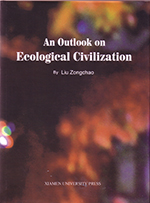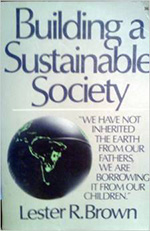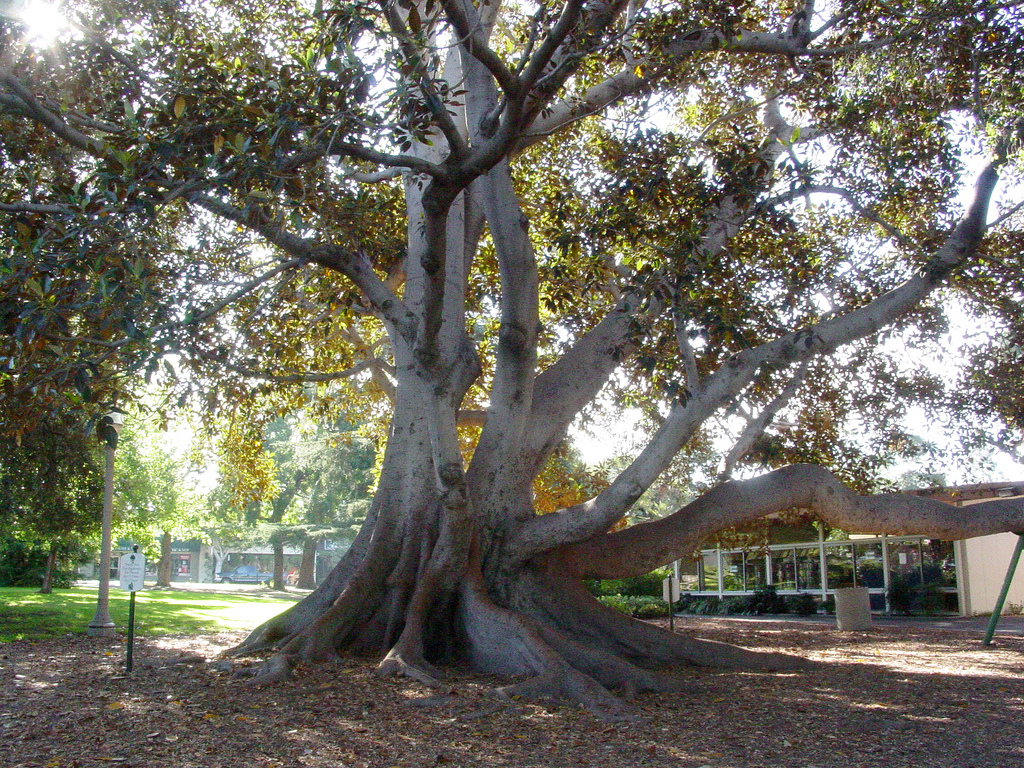Section V
Ecological Civilization
Although our alienation from nature is very deep it is not inescapable.
Perhaps an ecological civilization is not impossible. The question then
arises as to what such a civilization would be like.
← Return to Seizing an Alternative
Section Tracks
- Track 1: The Psychology of Wellbeing and its Ecological Implications
- Track 2: Sustainable Practice and the Cultural Dimensions of Ecological Health
- Track 3: Population and Women
- Track 4: The Future of Meat without Animals
- Track 5: Agroecology as Foundational for Ecological Civilization
- Track 6: Birth-pangs of Ecological Civilization
- Track 7: China and Ecological Civilization
Although our alienation from nature is very deep it is not an inescapable part of being human. In part it is the result of erroneous thinking about the natural environment. Perhaps an ecological civilization is not impossible. Any discussion of ecological civilization begs the question of whether civilization can be ecological in any real sense, and whether we have the human and social resources to move meaningfully in that direction.
The question then arises as to what such a civilization would be like. Without a vision of where we need to go, our efforts are not likely to have the needed motivation or coherence. We need to open up discussion as to what an “ecological civilization” might mean. This will undoubtedly make clear that we have a very long way to go.
We cannot even begin to think of moving toward an ecological civilization as long as we suppose that the human goal is essentially acquisitive. This discouraging picture of human beings has played a large role in recent psychology and in social sciences. But new initiatives are emerging that paint a more promising view. One of these is positive psychology.
Any image of a sustainable world must consider its carrying capacity. This involves the kinds of consumption that make demands upon the world, but it also takes into account the number of people who are making these demands. The vast increase in population during the last century cannot be sustained. We must consider realistically how human population can be balanced with the survival of other species and of the human species as well.
Some people suppose that an ecological civilization is simply a sustainable one. I mean more than that, and believe that sustainability can actually be realized only when the world changes at deep levels. But sustainability is the sine qua non of what I, and those involved with Pando Populus and the “Seizing an Alternative” conference, seek.
A truly ecological civilization is one in which human beings understand themselves as one species among others. It is concerned both with every individual creature with which we share the planet, and with the ecosystem as a whole. It will give a great deal of attention to what we eat and how we produce it. And at every step it will consider how that which contributes to sustainability can also contribute to personal enjoyment and social well being.
While we can imagine what needs to come into being, we want also to celebrate and evaluate what is now happening that we can support and promote. Unless we find some connection between movements already occurring and the ecological civilization at which we aim, our visions become utopian in the fully negative sense.
By John B. Cobb, Jr
Plenary Speaker

Sandra Lubarsky
Sandra Lubarsky is chair of the Department of Sustainable Development, Appalachian State University. Before coming to Appalachian State University, Dr. Lubarsky created and established one of the first graduate programs in sustainability in the country, the M.A. Sustainable Communities at Northern Arizona University. In the fifteen years that she directed that program, she mentored more than 100 graduate students and served on numerous doctoral committees. She has authored and edited three books and dozens of essays. She is currently completing a manuscript on beauty and sustainability and the importance of beauty as a public value. For most of her time in the academy, she has been involved in efforts to bring the conversation on sustainability into higher education. She has served on many university committees and community boards with the intention of promoting programs and practices that contribute to the quality of community life.
Section V Co-Chair

Angela Donnelly
Angela Donnelly is a retired English Instructor from the California Community College system, having taught in universities in China, Thailand, and Cambodia. She practices Taiji, Qigong, and Chinese brush painting and is interested in sustainability in rural communities in China.
Section V Co-Chair

Charlene Tschirhart
Charlene Tschirhart is with the Interfaith Coalition for Immigrant Rights. For over 40 years she has directed development efforts, public relations and communications activities with faith based communities working for social justice.
The vigour of civilized societies is preserved by the wide-spread sense that high aims are worthwhile.”
– Alfred North Whitehead
Postings from Seizing an Alternative
- Sandra Lubarsky’s Lecture, What Can We Hope For
Suggested Resources
Links to Section-related books and media for pre-conference preparation include:






